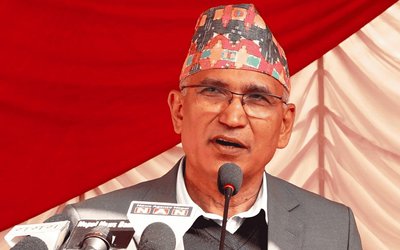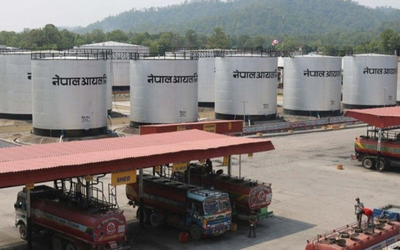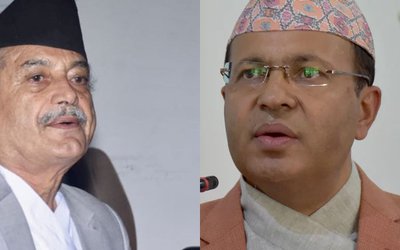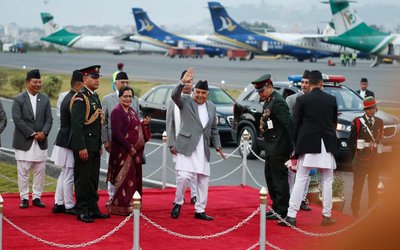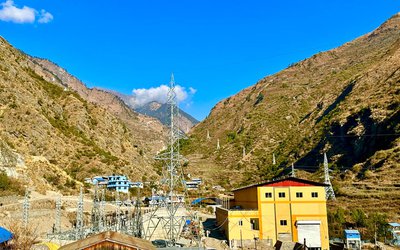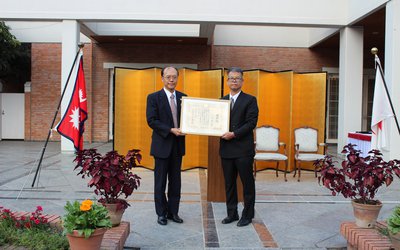
At a time when Nepal has been facing painful natural disasters due to extreme weather, leader of Nepalese delegation and vice chairman of National Planning Commission Dr. Govinda Raj Pokharel called upon parties to develop special work program on mountains.
Addressing the UNFCCC COP 20 in Lima, leader of Nepalese delegation to UNFCCC COP 20 conference Dr. Pokharel said that Nepal is most vulnerable to climate change due to its Geography.
“The mountainous country – Nepal – is most vulnerable to climate change. Our agriculture, forests, water and infrastructure sectors are greatly affected by the adverse effects of climate change posing food, water and energy insecurities. Climate-induced disasters have repeatedly claimed lives and properties,” Professor Dr. Pokharel said addressing the COP 20 in Lima as a leader of Nepalese delegation.
“Moreover, disproportionate temperature rise in the Himalayas have caused glacier retreat, GLOF and frequent avalanches. This phenomenon has exposed black rock in the beautiful ice caps, thereby seriously impacting on our tourism industry and on the lives and livelihoods of billions of people living around the Himalayas and downstream,” said vice chairman Dr. Pokharel.
Highlighting the overall development picture, he said that Nepal’s development cost has increased by many folds and we must be compensated for this additional cost. “In spite of our technical and financial limitations, Nepal has taken several policy, institutional and implementation measures, including implementation of NAPA prioritized most urgent and immediate adaptation actions. Nepal is preparing its low carbon development strategy. The Climate Change Council, chaired by Prime Minister, ensures coordination and guidance at the political level,” said Dr. Pokharel
“Considering the significant contribution that mountains make and the climate change vulnerability they possesses, Nepal calls upon all Parties to develop a special Work Program on Mountains under the article 4.8 of the Convention to reduce the climate change vulnerability and associated loss and damage. We believe such a work program will help to enhance our knowledge in better understanding mountain ecosystems and enable us to adapt to, and build resilience to climate change,” adds Dr. Pokharel.
- PM Oli's Visit To China: Geopolitical Implications
- Nov 19, 2024
- NEA: Kul Man Ghising, A Cool Man
- Oct 28, 2024
- DASHAIN FESTIVAL : Festival of Unity
- Oct 04, 2024
- NEPAL-CANADA Bilateral Meeting
- Oct 04, 2024
- MIDDLE BHOTEKOSHI: Final Stage
- Sep 23, 2024

